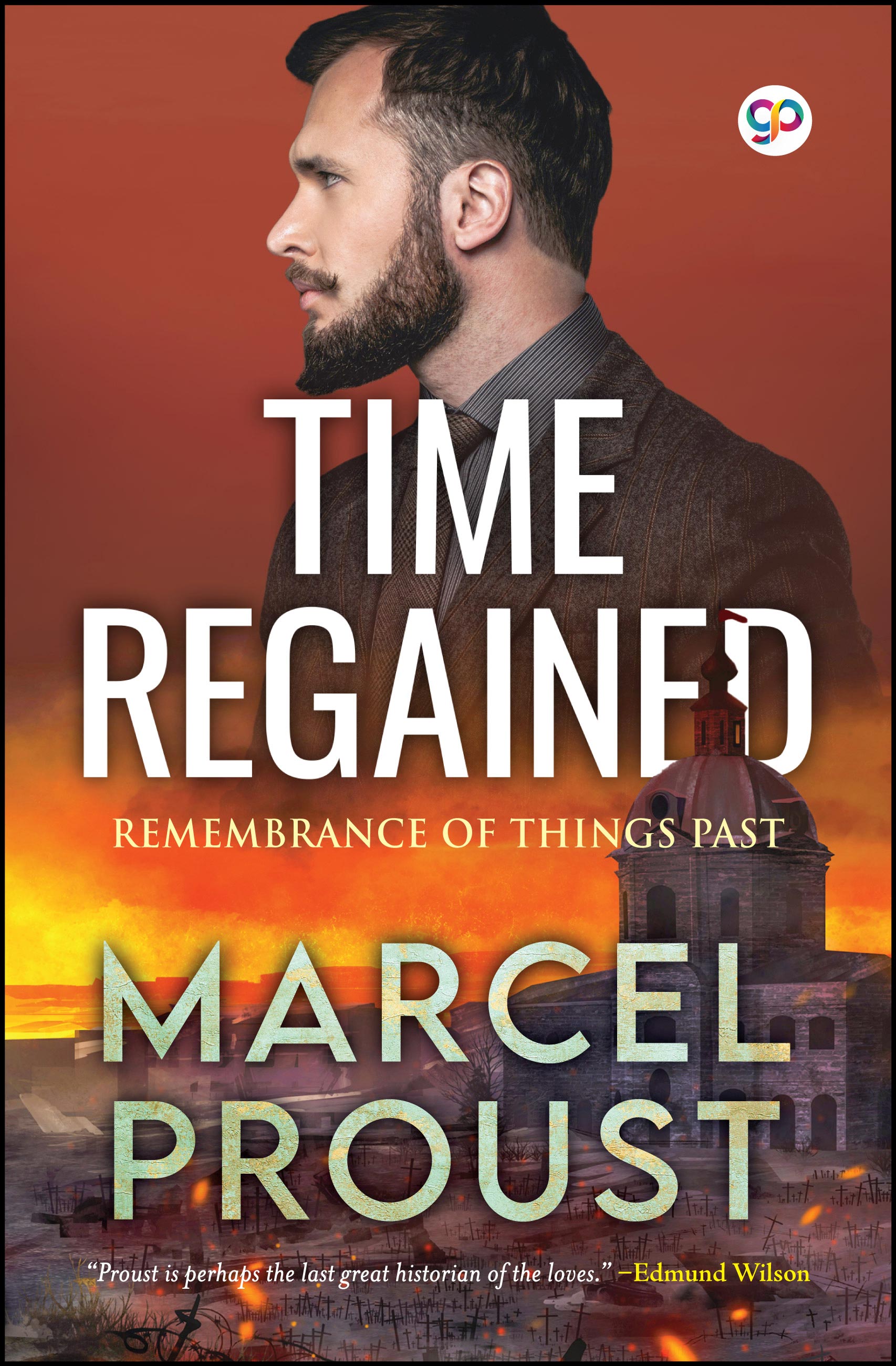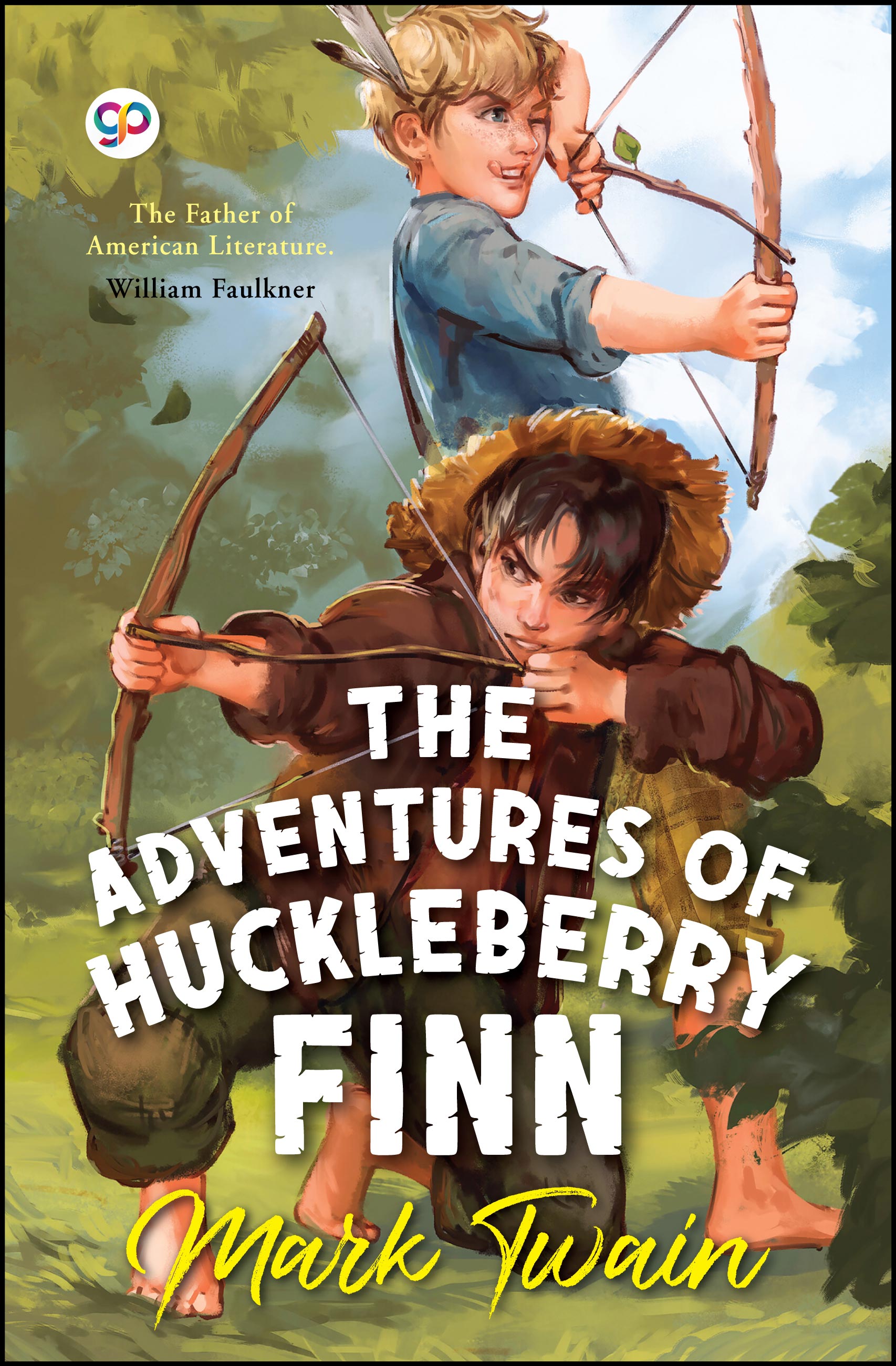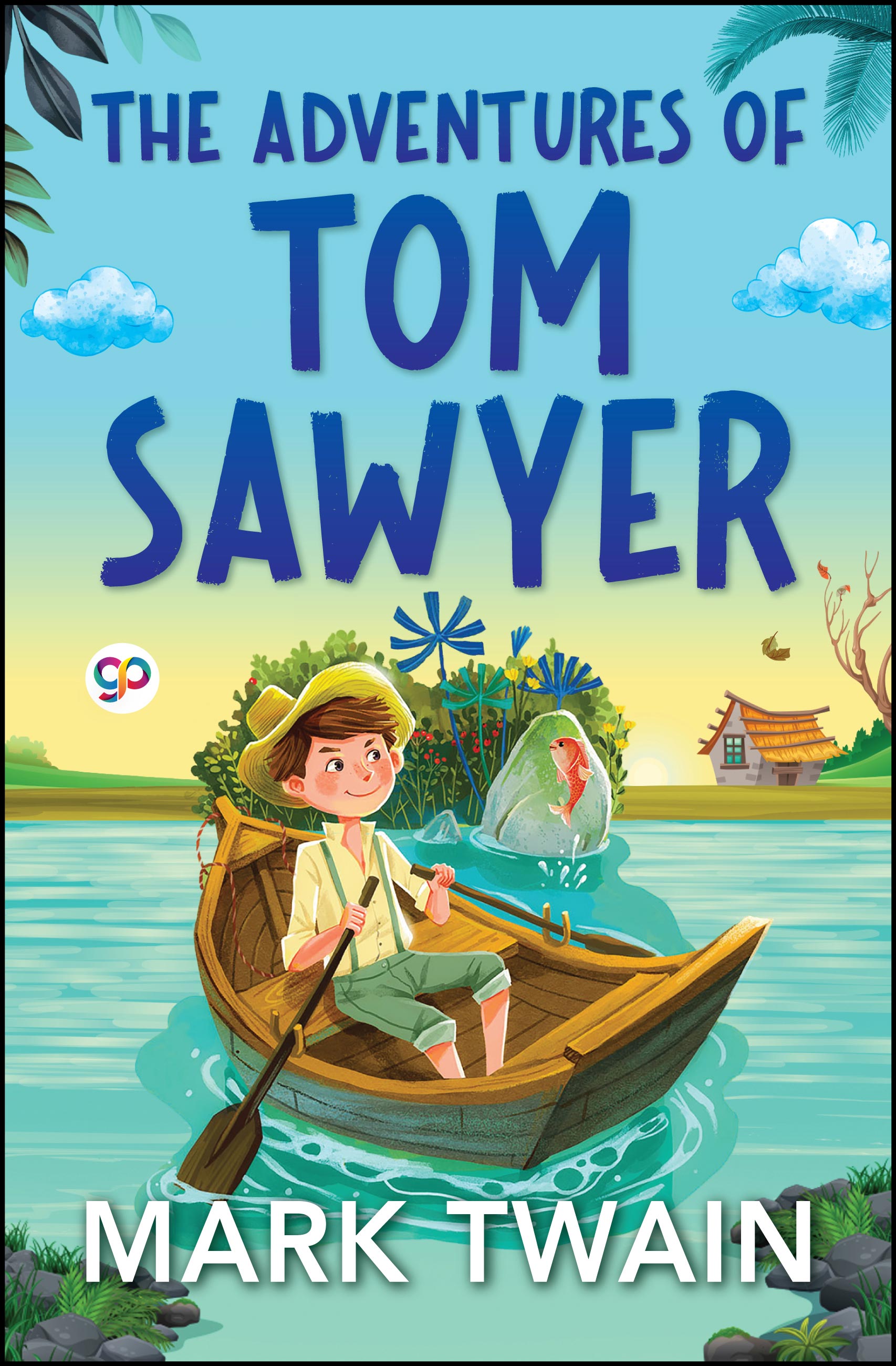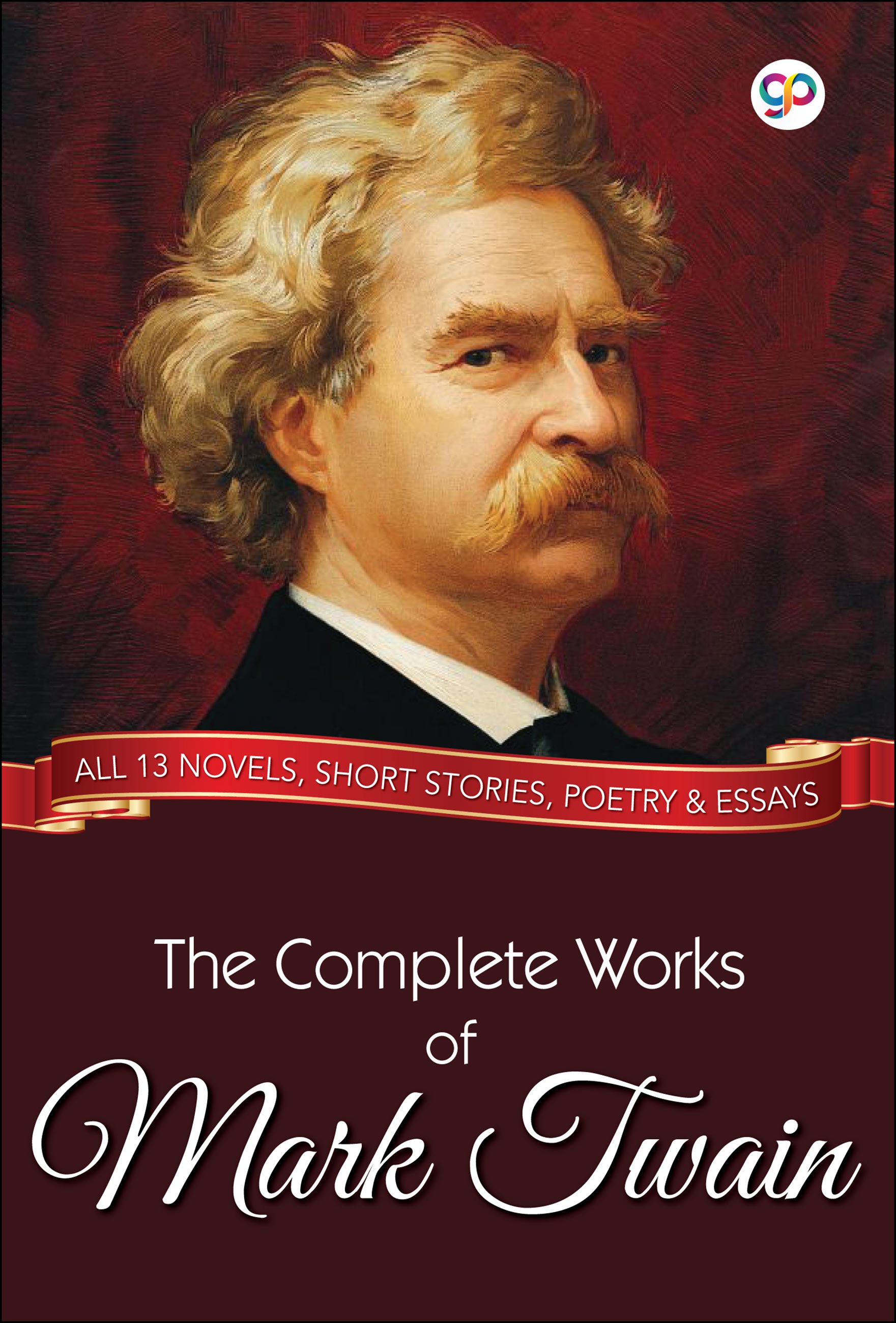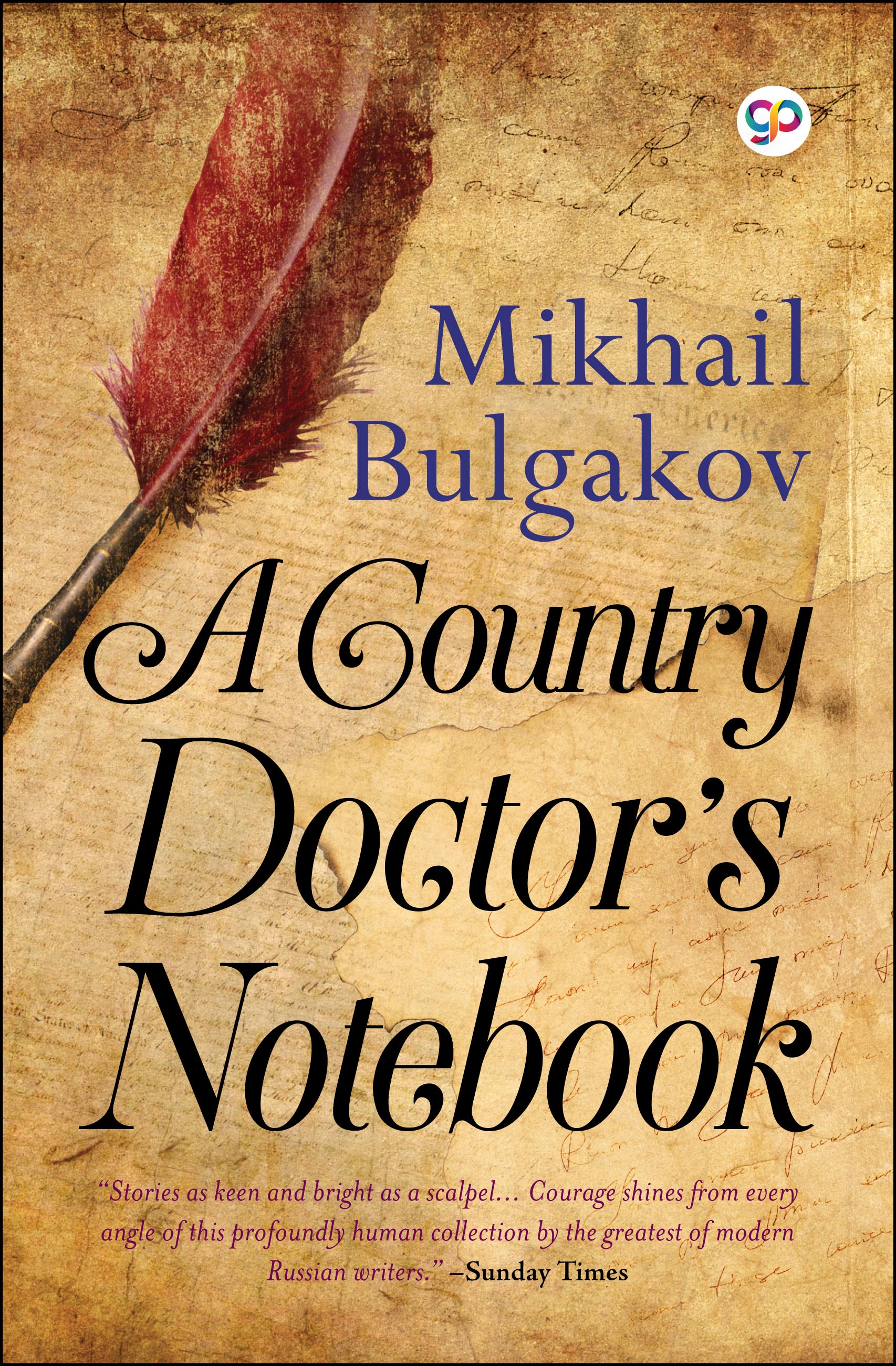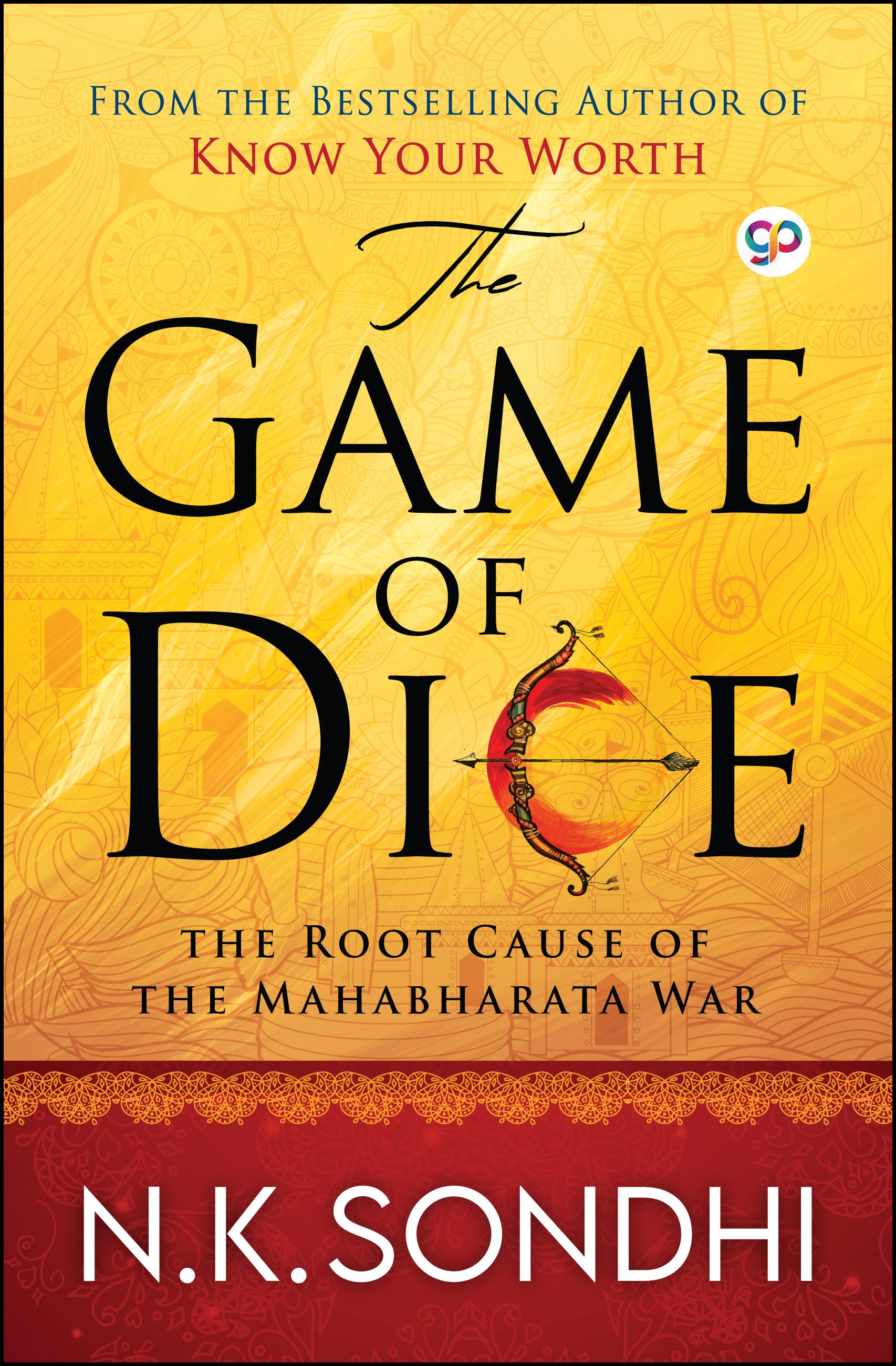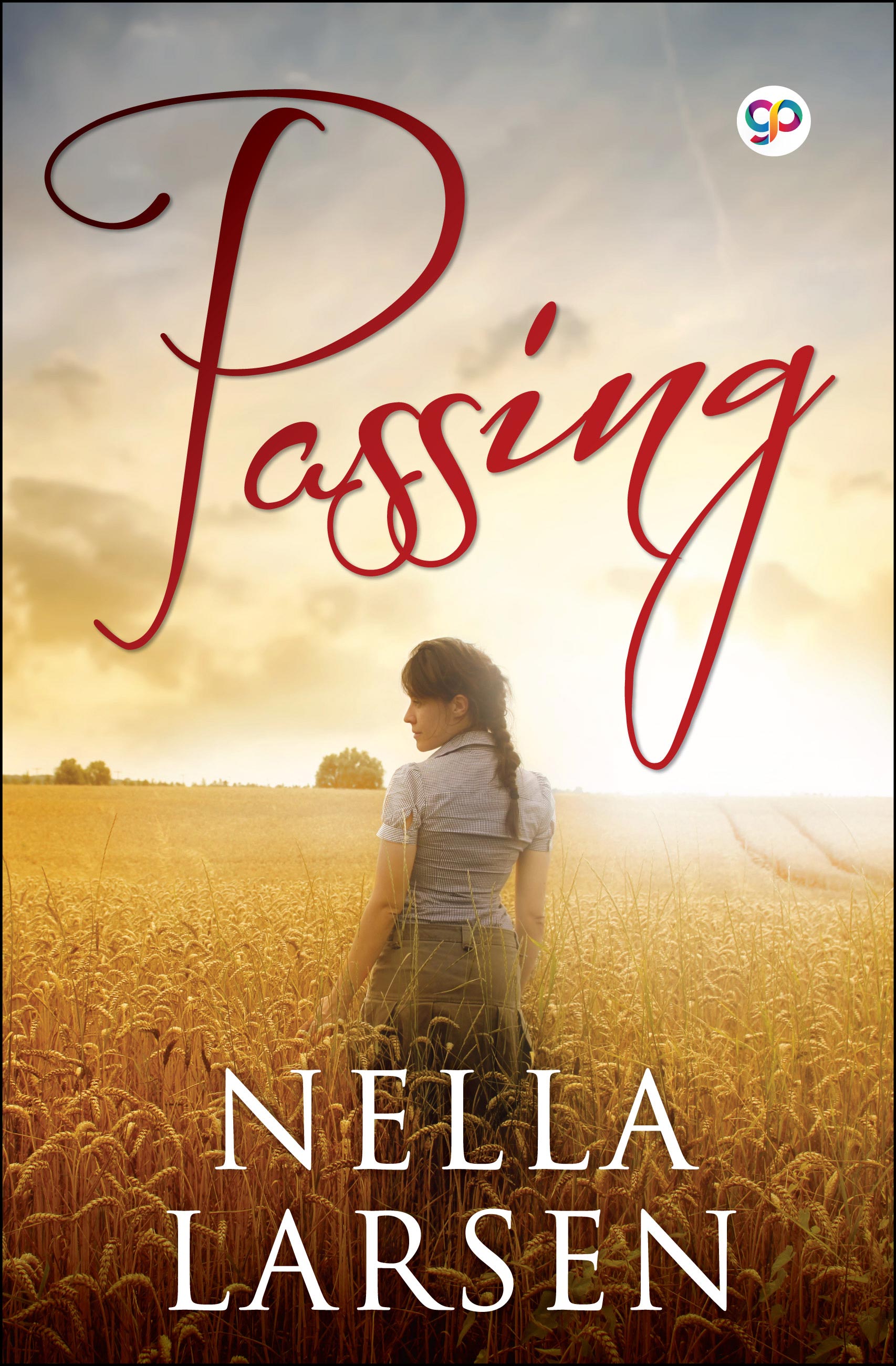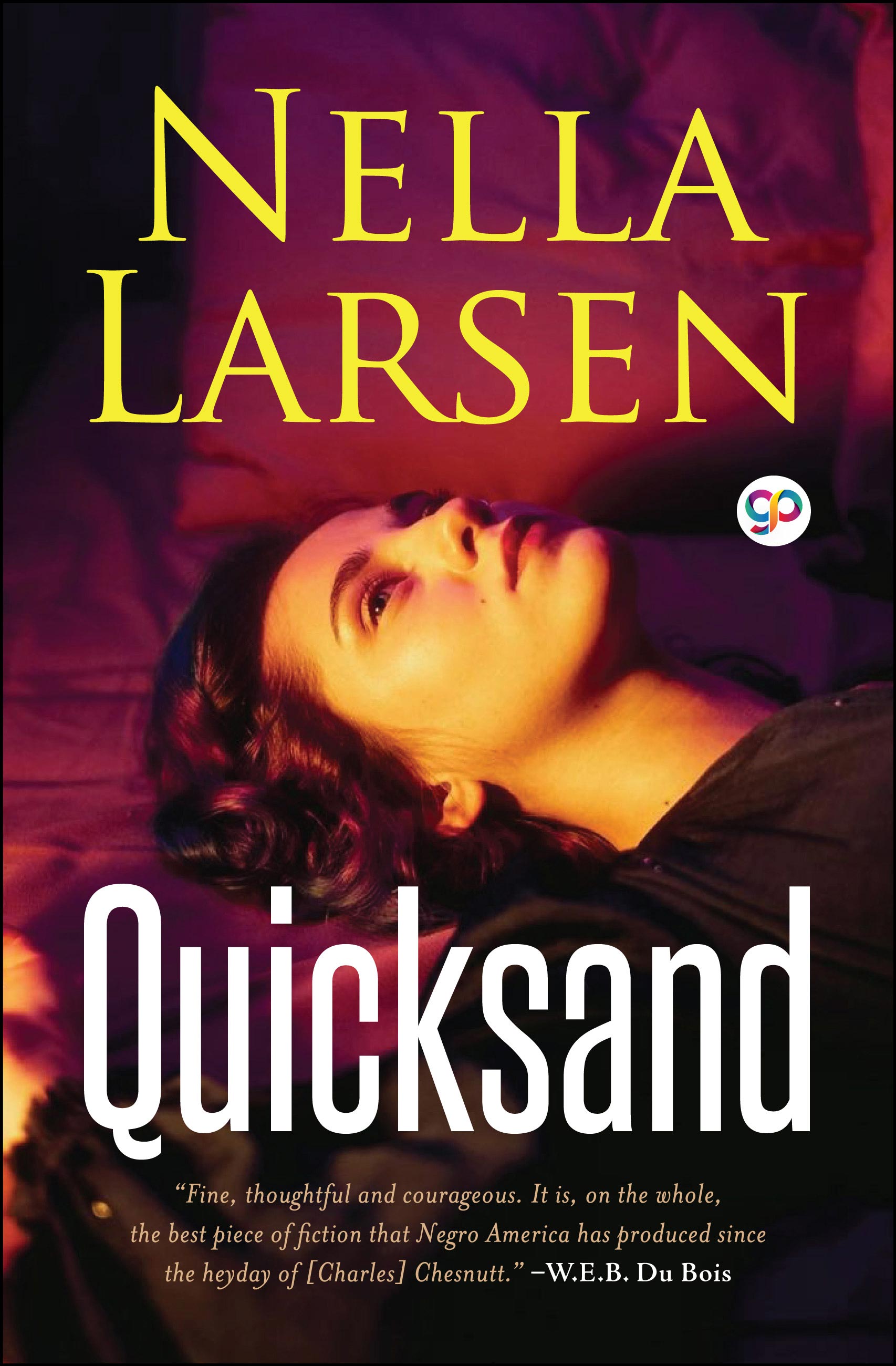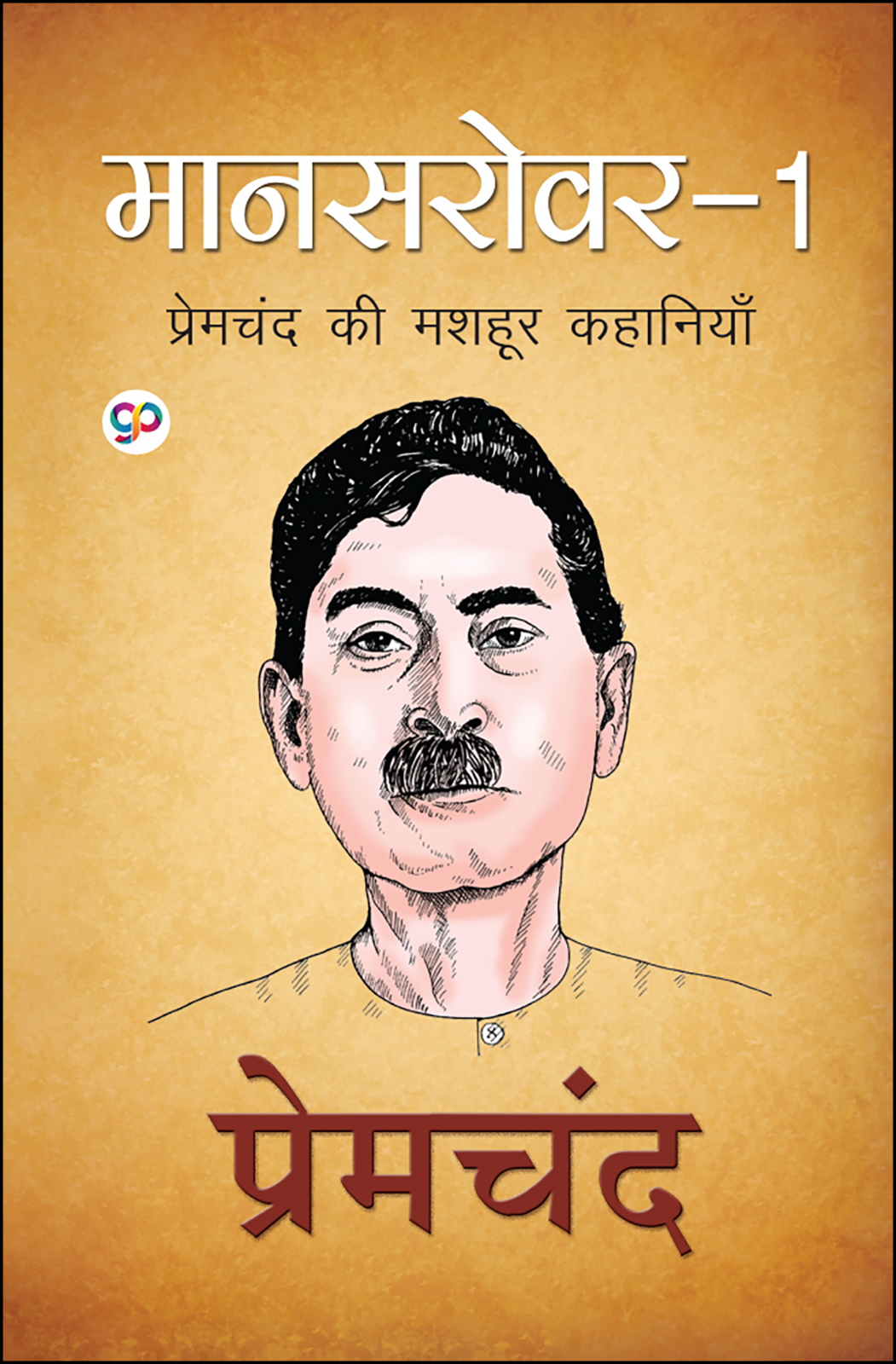
Oliver Twist (eBook)
Originally published in 1838, ‘Oliver Twist’ is one of the most admired novels by Charles Dickens, an English writer, and social critic. Dickens created some of the world's best-known fictional characters and is regarded by many as the greatest novelist of the Victorian era. It is the story of a young orphan who dares to say, "Please, sir, I want some more." After escaping from the dark and dismal workhouse where he was born, Oliver finds himself on the mean streets of Victorian-era London and is unwittingly recruited into a scabrous gang of scheming urchins. In this band of petty thieves, Oliver encounters the extraordinary and vibrant characters that have captured audiences' imaginations for more than 150 years: the loathsome Fagin, the beautiful and tragic Nancy, the crafty Artful Dodger, and the terrifying Bill Sikes, perhaps one of the greatest villains of all time. Rife with Dickens's disturbing descriptions of street life, the novel is buoyed by the purity of the orphan Oliver. Though he is treated with cruelty and surrounded by coarseness for most of his life, his pious innocence leads him at last to salvation-and the shocking discovery of his true identity.
BEST SELLERS
About the Author
Charles Dickens (7 February 1812 – 9 June 1870) was an English writer and social critic. He created some of the world's best-known fictional characters and is regarded as the greatest novelist of the Victorian era. His works enjoyed unprecedented popularity during his lifetime, and by the twentieth century critics and scholars had recognised him as a literary genius. His novels and short stories enjoy lasting popularity. The second of eight children, he grew up in a family frequently beset by financial insecurity. At age eleven, Dickens was taken out of school and sent to work in London backing warehouse, where his job was to paste labels on bottles for six shillings a week. His father John Dickens, was a warmhearted but improvident man. When he was condemned the Marshela Prison for unpaid debts, he unwisely agreed that Charles should stay in lodgings and continue working while the rest of the family joined him in jail. This three-month separation caused Charles much pain; his experiences as a child alone in a huge city – cold, isolated with barely enough to eat – haunted him for the rest of his life. When the family fortunes improved, Charles went back to school, after which he became an office boy, a freelance reporter and finally an author. With 'Pickwick Papers' (1836-7) he achieved immediate fame; in a few years he was easily the most popular and respected writer of his time. It has been estimated that one out of every ten persons in Victorian England was a Dickens reader. 'Oliver Twist' (1837), 'Nicholas Nickleby' (1838-9) and 'The Old Curiosity Shop' (1840-41) were huge successes. 'Martin Chuzzlewit' (1843-4) was less so, but Dickens followed it with his unforgettable, 'A Christmas Carol' (1843), 'Bleak House' (1852-3), 'Hard Times' (1854) and 'Little Dorrit' (1855-7) reveal his deepening concern for the injustices of British Society. 'A Tale of Two Cities' (1859), 'Great Expectations' (1860-1) and 'Our Mutual Friend' (1864-5) complete his major works. Dickens’s marriage to Catherine Hoggarth produced ten children but ended in separation in 1858. In that year he began a series of exhausting public readings; his health gradually declined. After putting in a full day's work at his home at Gads Hill, Kent on June 8, 1870, Dickens suffered a stroke, and he died the following day. He was a sympathiser with the poor, the suffering, and the oppressed; and by his death, one of England's greatest writers is lost to the world.

